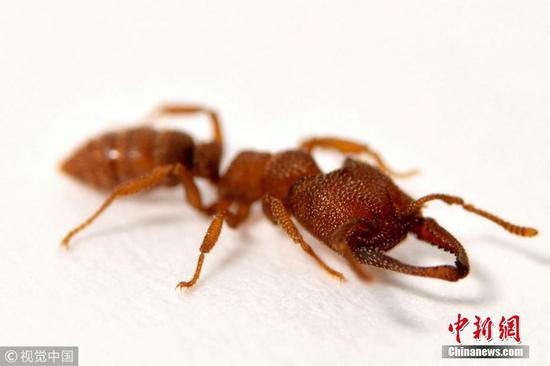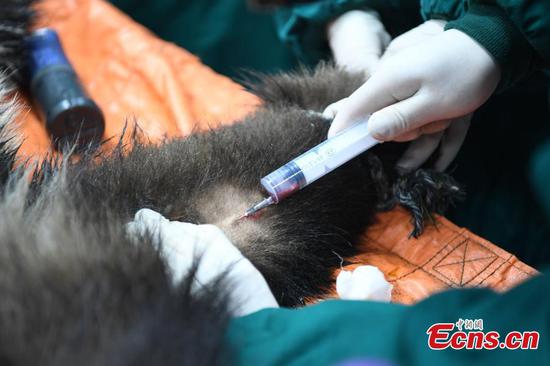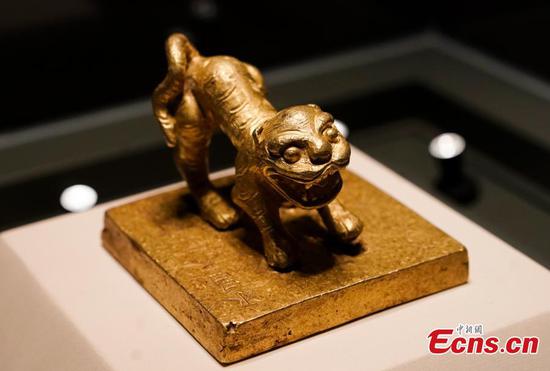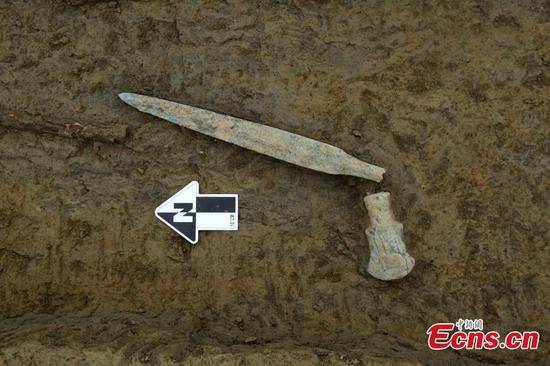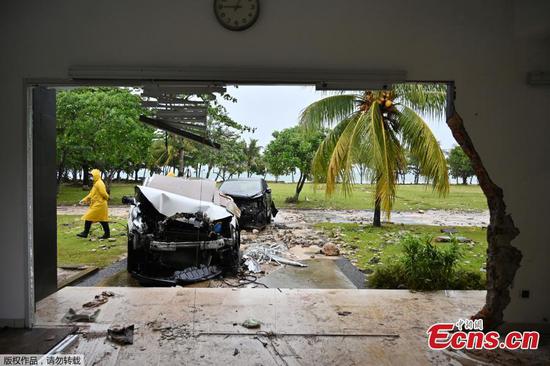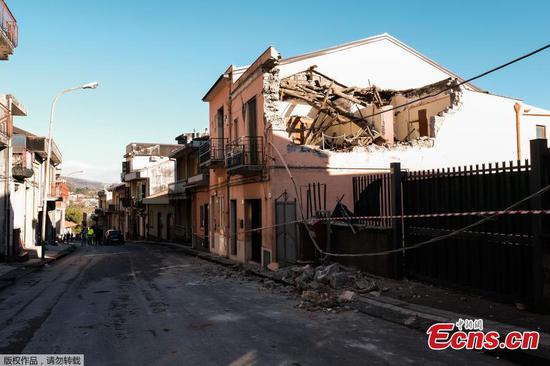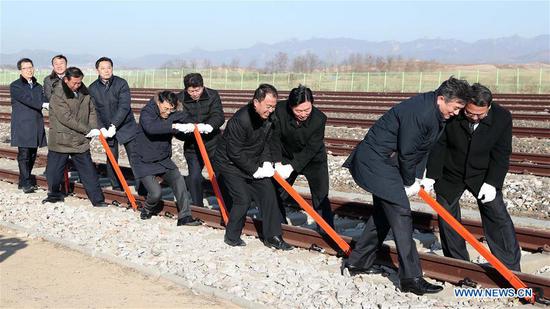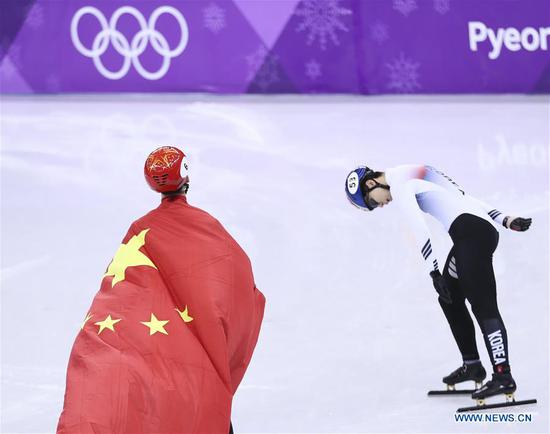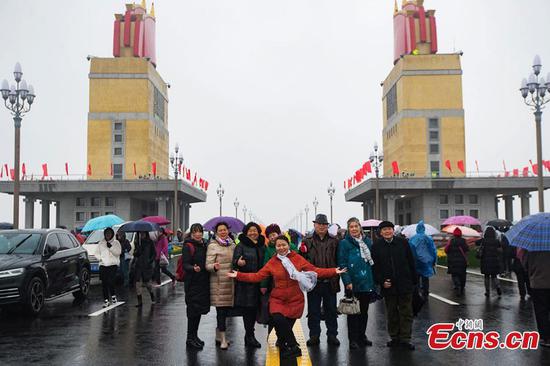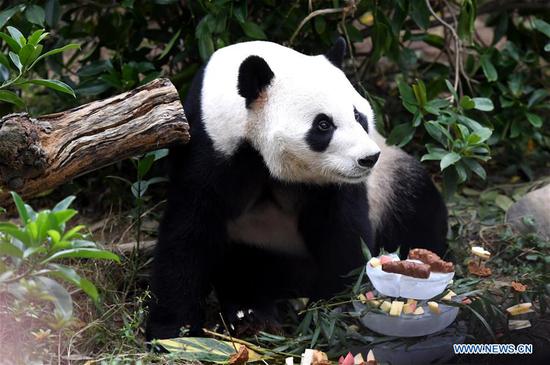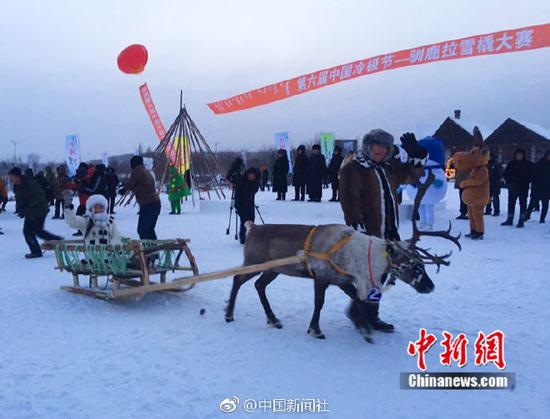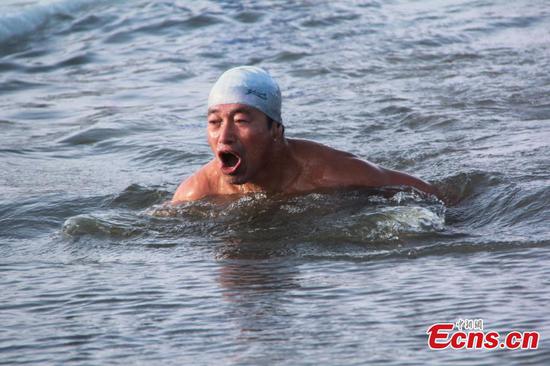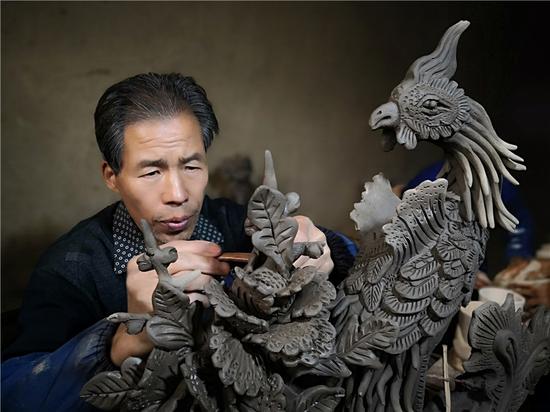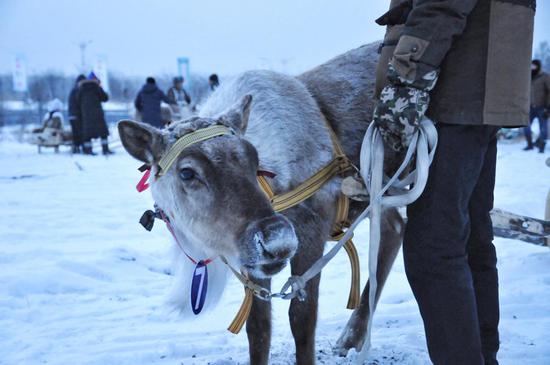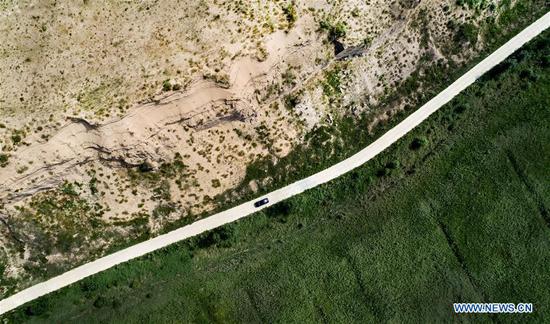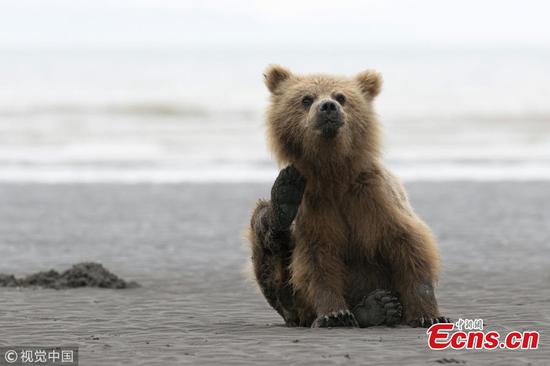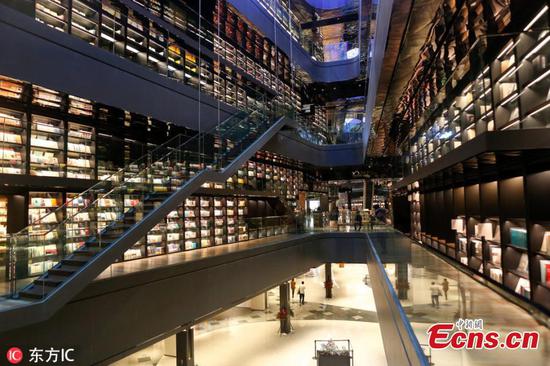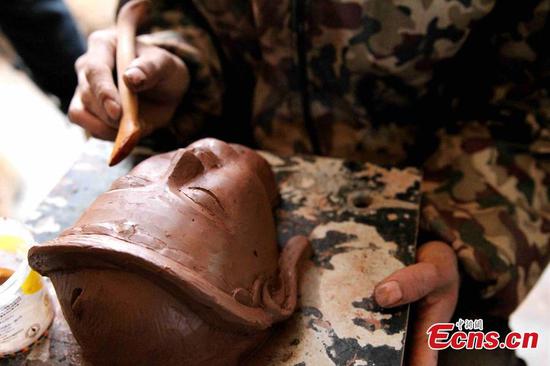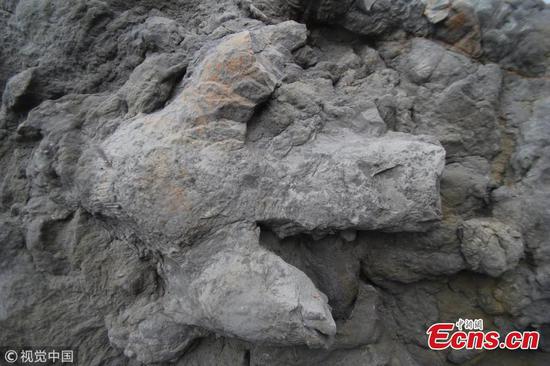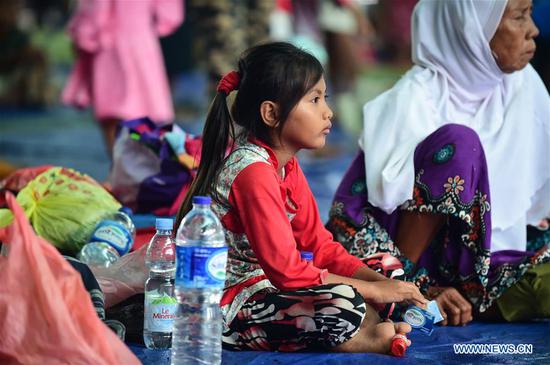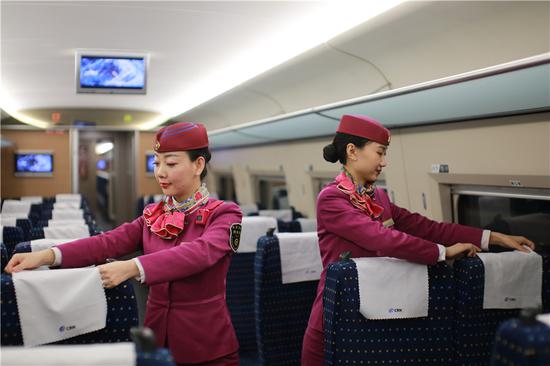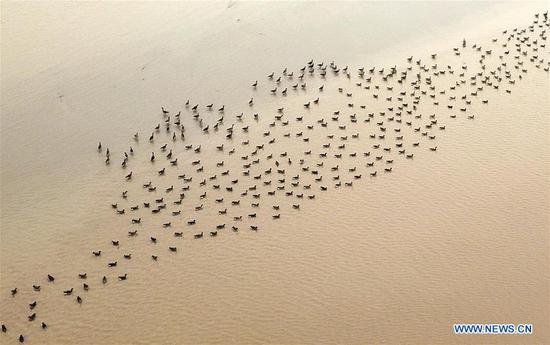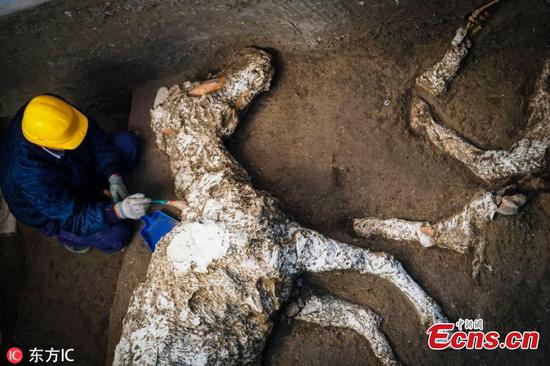A post widely circulated on the social media has put the Tianjin-based Quanjian Group, a health product company, in the center of a storm of public criticism, as it exposes that the group's "secret anti-cancer recipe" medicine led to the death of a 4-year-old cancer patient in the Inner Mongolia autonomous region three years ago. Science and Technology Daily comments:
The parents suspended their daughter's medical treatment at the persuasion of the salespersons of Quanjian, and the girl died after taking the company's medicine for eight months in late 2015.
Quanjian denied that its product had caused the girl's death, and said the post was trying to harm its reputation.
Yet the company has used the girl's case in its advertisement over the past three years and claimed the girl gained a "new life" shortly after taking its medicines, without mentioning the girl died. This is ugly.
Also, the corporation has ignored a wave of complaints by a number of consumers claiming that its hi-tech health products harm their health.
The major health products and services of the company include sanitary towels with chips that allegedly can produce sterilizing negative ions to prevent gynopathy, insoles with hi-tech magnetic chips that it says can keep people healthy, and a fire treatment that it claims can burn fat to help cure diseases.
Reportedly, these products and services are sold largely at exorbitantly high prices through a pyramid selling system, which the corporation says is "direct selling".
The company's market value is about 6 billion yuan ($871 million) now, and its owner has just vowed to boost its annual sales revenue to 500 billion yuan in five years from about 10 billion yuan last year.
Although the State Administration for Market Regulation urged its local subsidiaries to strengthen supervision of the sales of health products and services, and instructed the enterprises to conduct self-examination and correction one day after the post was published, it is far from enough to satisfy the people's need for a timely and authoritative answer on whether or not Quanjian's "secret folk recipes", products and services are as effective as it claims. A definitive answer must be provided by the public health and drug administrations.
The central authorities have vowed zero tolerance of food and drug threats to people's health, and pledged to strengthen testing of samples and stricter supervision of the industry. But the incident shows it is a whistleblower that has lifted the lid on a health risk, turning the watchdogs into after-the-act ticket writers.
If Quanjian's products are fake, as the post suggests, its fast development serves as a mirror reflecting the loopholes in the zero-tolerance administrative and supervisory system.










